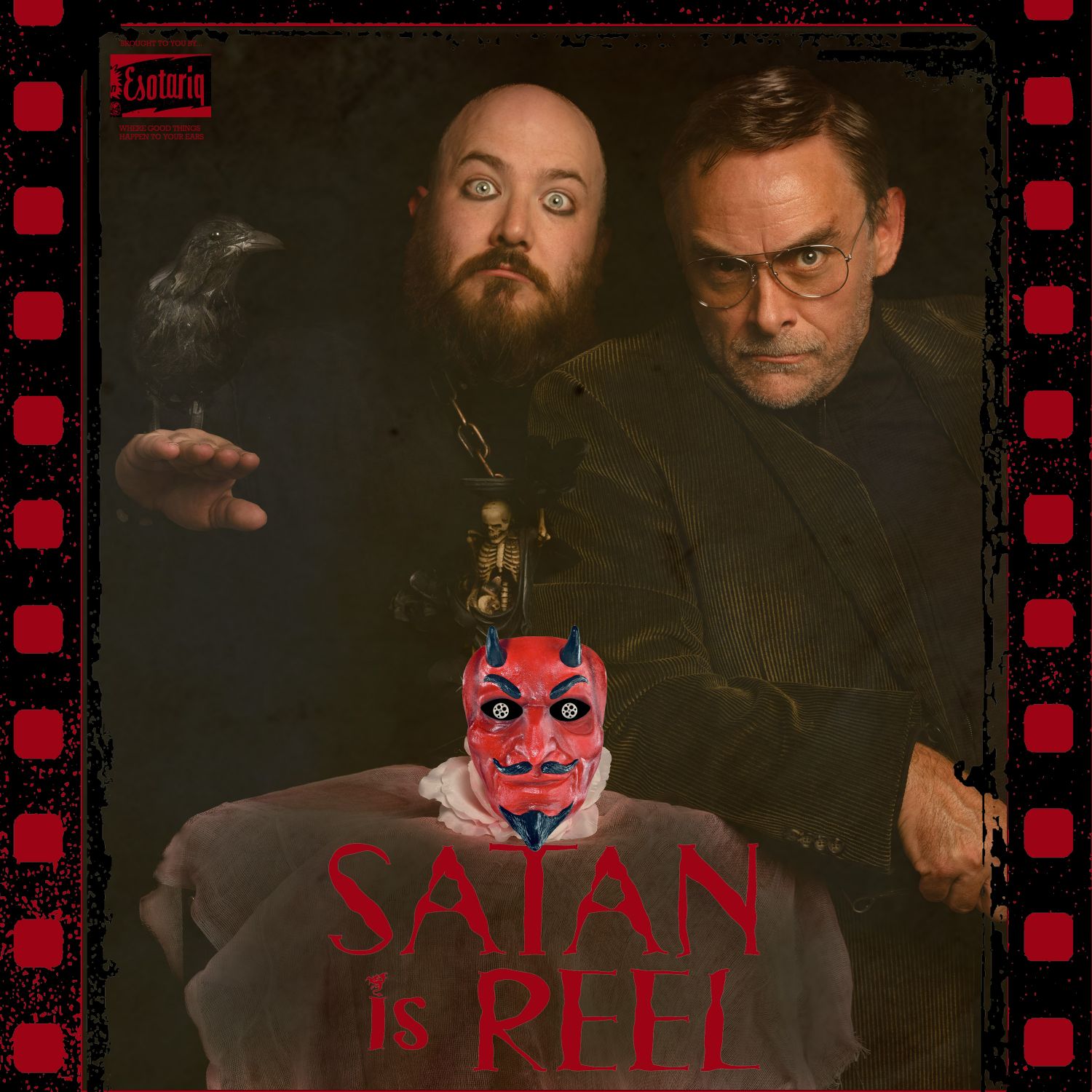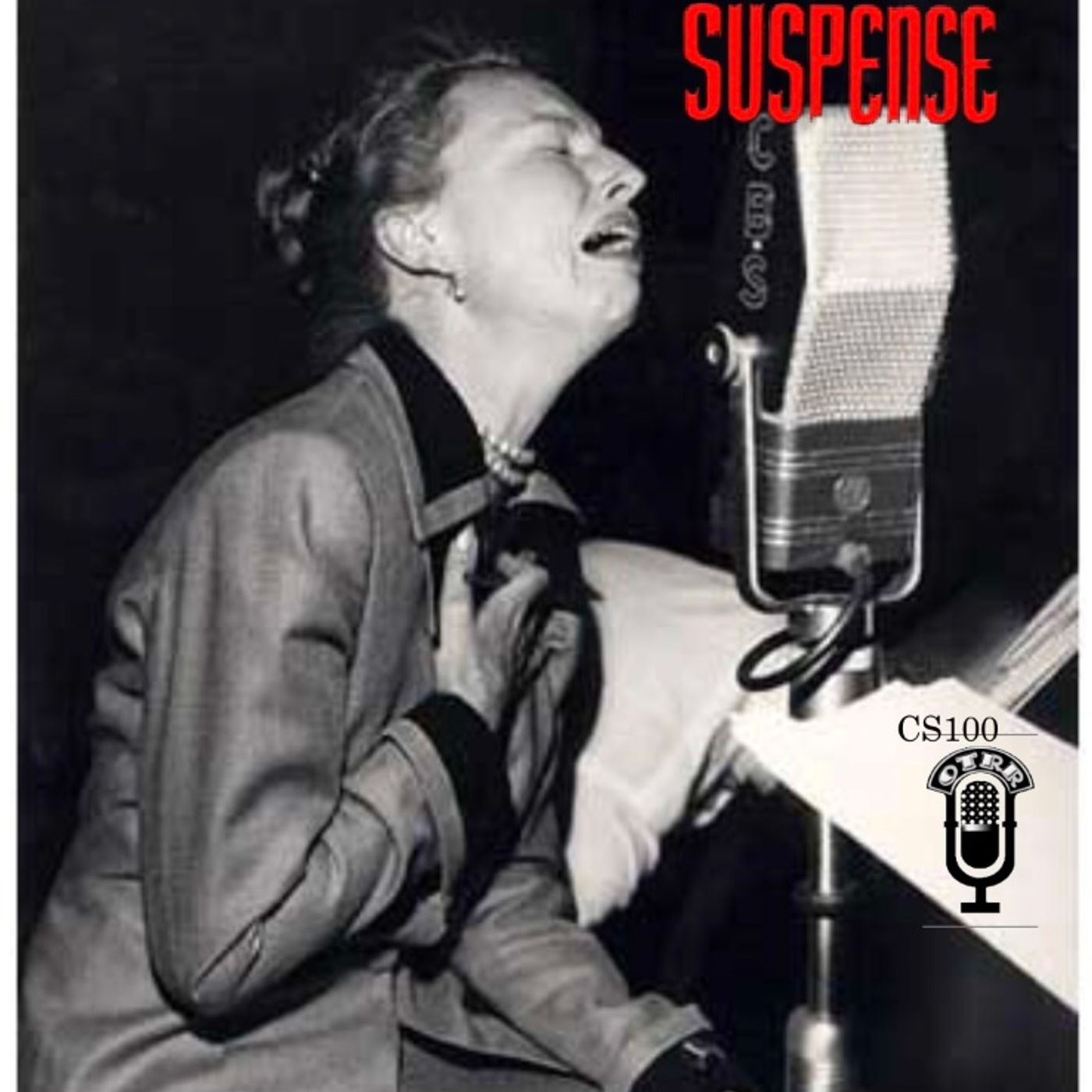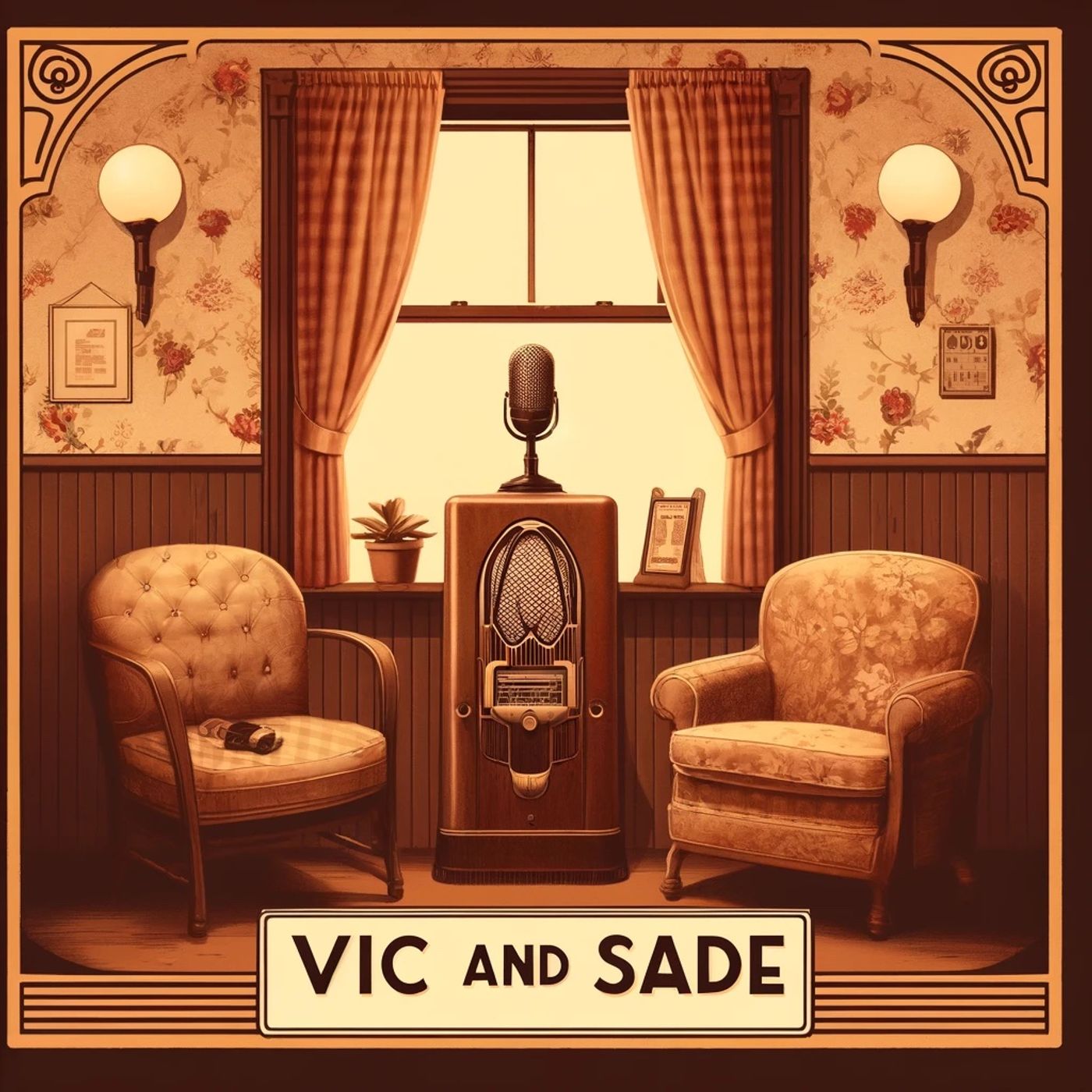Vic and Sade - OTR Radio Show
Paul Rhymer(Update 02/11/2024)
"Vic and Sade" is one of the most beloved and unique old-time radio shows, known for its subtle humor and portrayal of American domestic life. Created by Paul Rhymer, who also wrote the scripts, the show aired from 1932 to 1944 and enjoyed sporadic revivals into the early 1950s.Creator and WriterPaul Rhymer, the creator and sole writer of "Vic and Sade," is often praised for his distinct writing style that combined everyday occurrences with an undercurrent of quirky, offbeat humor. Rhymer's ability to turn mundane domestic details into subtly amusing and often absurd dialogues is a hallmark of the series.Format and Style"Vic and Sade" was broadcast as a 15-minute daily radio serial, unusual because it lacked dramatic plots and traditional story arcs. Instead, the show focused on the small, often humorous events in the lives of its characters, with much of the action described in the dialogues rather than acted out. The setting rarely extended beyond the small house on Virginia Avenue in the small town of "the small house halfway up in the next block."CharactersThe show centered around the Gook family, consisting of:Victor Rodney Gook (Vic): The father, known for his involvement in local fraternal orders and his laid-back, droll demeanor.Sade Gook: The mother, often managing household affairs and the social engagements of the family with a mix of sarcasm and sweetness.Rush Gook: Their teenage son, enthusiastic and sometimes naive, who often brings the small conflicts and humorous tales from outside into the family discussions.Reception and Legacy"Vic and Sade" was acclaimed for its character-driven writing and the depth of its mundane yet richly detailed world. The dialogue often involved idiosyncratic, humorous conversations about trivial family matters, community events, or Vic’s fraternal lodge activities, showcasing Rhymer’s talent for capturing the essence of Midwestern life and speech.The show's minimalist production, relying heavily on the strength of its writing and the vocal performances of its cast, was pioneering in the radio medium. Art Van Harvey played Vic, Bernardine Flynn portrayed Sade, and Bill Idelson was Rush, among other voices that contributed over the years.Despite or perhaps because of its focus on the ordinary, "Vic and Sade" became a critical darling, influencing later radio and TV sitcoms by demonstrating the power of nuanced character work and dialogue over high-concept plotting.Paul Rhymer’s scripts for "Vic and Sade" are still studied for their unique linguistic style and are considered a significant contribution to American radio and cultural history, illustrating how humor can be drawn from the rhythms and routines of everyday life.
















































